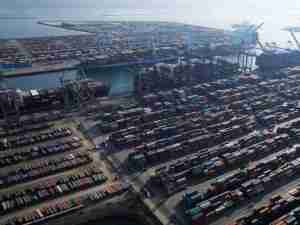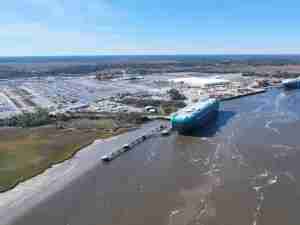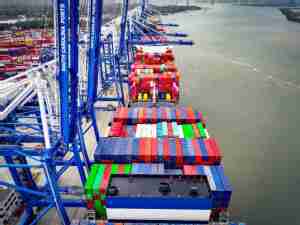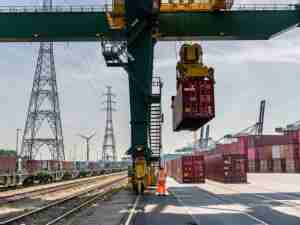The Port of Seattle, along with the ports of Tacoma and Vancouver, BC, released their first annual Northwest Ports Clean Air Strategy Implementation Report.
This regional partnership was developed to reduce maritime and port-related diesel and greenhouse gas emissions in the Pacific Northwest that affect air quality and climate change.
Port of Seattle CEO Tay Yoshitani said, "First we worked with our partners to measure maritime air emissions, then we created a plan that collaborates with our customers, stakeholders, and neighbors. Providing a report that details our efforts to date is a terrific next step as we move toward cleaner air for our region."
The goal of the Northwest Ports Clean Air Strategy is to reduce air emissions in the Pacific Northwest from current and future maritime port operations through specific strategies and actions within each category of port operation. This ground-breaking effort has three components:
- Reduce maritime and port-related air quality impacts on human health, the environment, and the economy
- Reduce contribution to climate change through co-benefits associated with reducing air quality impacts
- Help the Georgia Basin/Puget Sound airshed continue to meet air quality standards and objectives.
The Implementation Report set goals for transparency, progress, and clarity around air quality. Although there are a number of technical reporting standards to clarify between the three port agencies, there have been good benchmarks established for future collaboration, as environmental goals are met in the coming years.
What makes the Strategy actions outlined in this report unique are that they are driven by the Ports' collaborative relationships with industry, agencies and other stakeholders in order to achieve early reductions prior to any future applicable regulations.










